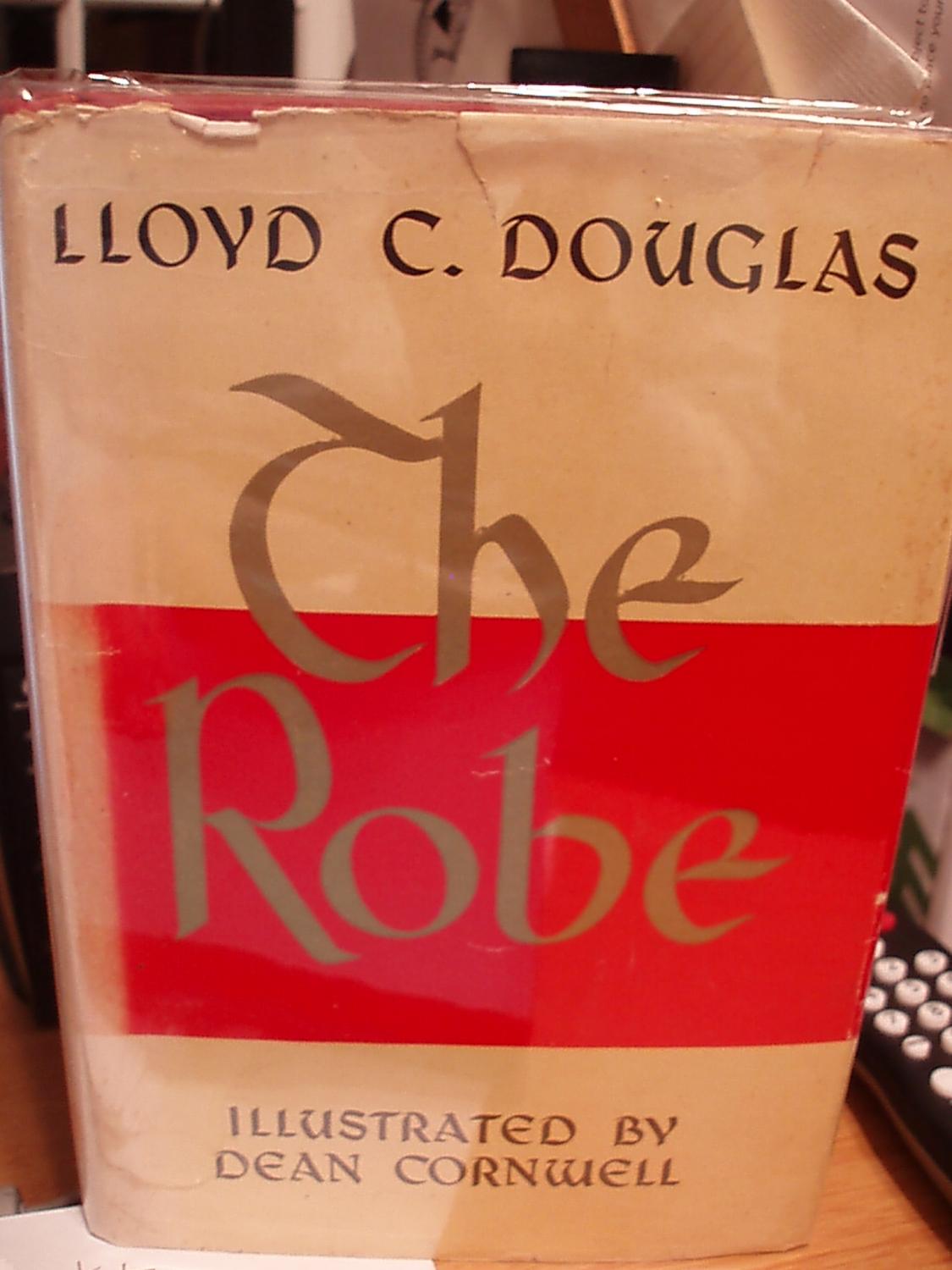

At first, the robe haunts him but later compels him to seek the truth of the man from Galilee. He is the tribune of the troop of soldiers ordered to carry out the crucifixion of Jesus of Nazareth, and the robe of the deceased comes into his possession. The protagonist, Marcellus, is a Roman nobleman sent to command a remote Judean outpost. The writing is solid except for the overuse of adverbs to describe dialogue, “he said, incredulously.” The author’s motivation is didactic and apologetic. The Robe evokes the sights, sounds, and smells of Palestine and the Roman Empire of the first century. From the first to the last, Douglas’ novels received critical acclaim as Biblical fiction in the genre tradition of Ben Hur (1880) and Quo Vadis (1896). The last of his ten novels, The Big Fisherman, (Simon Peter) was published in 1949, and it too was made into a successful movie in 1959. His first novel, Magnificent Obsession, was published in 1929. It remained number one on the list for a year, and it also became a popular movie released in 1953 starring Richard Burton.ĭouglas was a Lutheran minister who turned to writing at age 50. J.Published in 1942, The Robe soon achieved New York Times bestseller status.


Some Ramblings on Borges, Calvino, and Barth.Truman Capote and David Frost Talk About Sex, Love.This novel, and the others like it, is aimed at reinforcing the faith and behavior of those who use religion as a positive personal and social force, while attempting to improve people the likes of which I’ve alluded to above. From an outsider’s perspective, it baffles me how a multi-billion dollar industry can spring from an individual who was crucified for throwing the money-changers out of the temple, or how members of a religion based on a document eschewing the existing dogma and preaching love and tolerance can use that same document as an attempt to claim automatic moral and legal superiority, while others use it to promote prejudice and justify any political action. Most of the novels I’ve read so far that deal heavily with Christianity have been attempts to rebuke a purely dogmatic or hypocritical approach to the religion. The novel heavily relies on not only knowledge of New Testament stories but a strong pre-existing emotional connection to Christianity. One problem I ran into reading this was that I’m clearly not part of the audience Douglas was writing to.


 0 kommentar(er)
0 kommentar(er)
